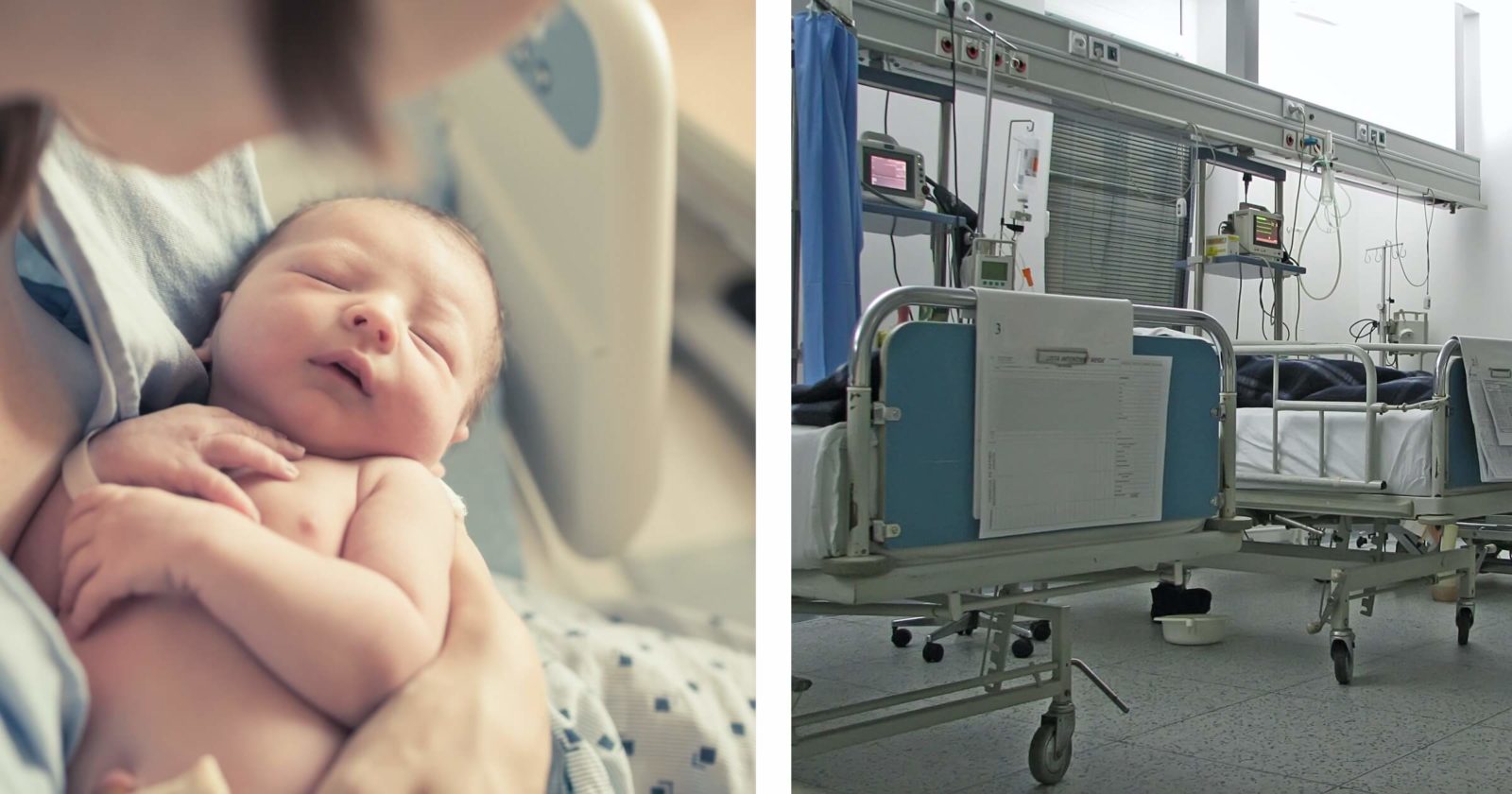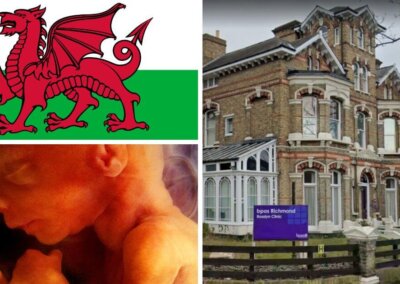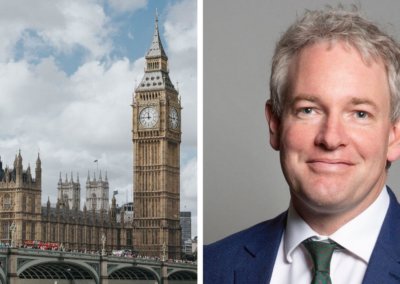An abortion clinic in London, which specialises in late-term abortions, could be putting women at risk after the Care Quality Commission (CQC) found incompetent staff who had not completed life support training and “not all equipment was in good working order”.
The British Pregnancy Advisory Service’s abortion clinic in Streatham performed 4,404 abortions in 2018, including 491 late-term abortions on babies at 20 weeks’ gestation or later. The South London clinic performed the second largest number of late-term abortions in the UK in 2018 with the BPAS Rosslyn abortion clinic in Richmond performing 514.
The ‘service’ in Streatham was rated as “requires improvement” on safety, effectiveness and responsiveness – the worst rating of any private abortion provider since the CQC launched its rating system was, in 2017.
In their report, the CQC notes that two serious incidents and 76 clinical incidents were reported at the clinic between April 2018 and April 2019.
However, this is likely only the tip of the iceberg as inspectors discovered that “staff did not always report incidents as they felt there was a blame culture”.
One staff member even disclosed to an inspector, “if you raise concerns then you have to face the consequences. I have learnt to keep quiet”.
Alarmingly, only nine of the clinic’s twenty-four members of staff had received training to spot and treat sepsis, which is the leading cause of maternal death in the UK.
The report also raised concerns over the lack of care given to women handed the abortion-inducing drug misprosotol, which was approved for home use by the Government last year.
It states: “The clinic had recently started to offer patients the home use of misoprostol. However, we found women were not offered the choice of returning to the clinic to take the second tablet if they wanted to.”
Right To Life UK has previously spoken out and campaigned against the decision to allow for the administration of misoprostol away from medical supervision and oversight.
In addition to a litany of health concerns and safety abuses, inspectors were particularly critical about the abortion clinic’s staff.
Labelling this area of service “inadequate,” the report states that managers “did not always have the skills and abilities to run the service”, and “the service did not always make sure staff were competent for their roles”.
It adds: “We found one staff record where certain competencies for the role they were employed for had not been signed off since they started the organisation over three years ago”.
Inspectors found further negligence in this area through a lack of effective monitoring to ensure staff had received the appropriate safeguarding training. Two staff members hadn’t completed the mandatory safeguarding training and only 64% of staff were fully compliant with the necessary regulations.
Meanwhile, staff have spoken of a “culture of blame and harassment” which created a “demoralising environment”.
This is the second BPAS clinic in a matter of months found to be putting women at risk.
Last year, the Care Quality Commission were contacted by a local NHS trust who “raised concerns regarding the frequency of patients coming to them from BPAS Merseyside”.
Inspectors found six cases of women who “required urgent medical attention due to complications and were transferred from the service to another healthcare provider between January and December 2018.”
In 2018, a surgeon contracted by the clinic was struck off the medical register for exposing patients to the risk of life-threatening conditions during abortions.
In 2017, the CQC found 16 serious incidents had occurred in which patients were admitted to hospital for emergency treatment over a period of three years. Over the same period, 11 women were transferred for emergency hospital treatment after suffering serious injuries.
BPAS Merseyside and BPAS Streatham both performed over 4,000 terminations in 2018 placing them both among the top 10 abortion providers in the country.
Despite a long history of health concerns and safety abuses from the abortion provider, BPAS has taken over re-commissioned ‘services’ across the West Midlands. It follows the closure of five Marie Stopes International (MSI) abortion clinics with a chequered history in the West Midlands.
In 2016, MSI Birmingham along with other MSI centres around the country had some of their ‘services’ suspended due to procedural and safety concerns raised by the CQC.
Volunteers offering pro-life help outside the clinic told March for Life UK it was not uncommon to see 2 or 3 ambulances lined up outside the building.
Right To Life UK spokesperson Catherine Robinson said:
“Yet again, however, we are confronted with the callous disregard for a woman’s health and safety from the abortion industry. Sadly, this is not the first time that an abortion provider, which receives millions of pounds of taxpayer money annually, has been found to be placing the health and safety of women at risk.
“The Care Quality Commission wants to see improvements at all of these clinics but the only real improvement that can be made to abortion clinics, for the lives of both women and unborn babies, would be for them to be closed.”












